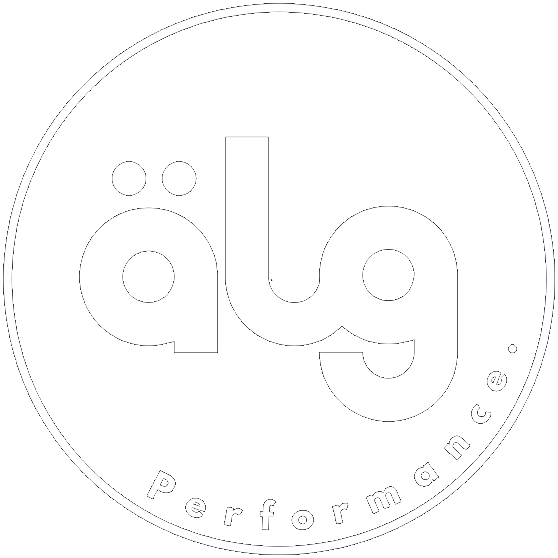The Ultimate Guide to Elevating Your Car's Performance and Efficiency
Table of Contents
Introduction
Welcome to the ultimate guide to elevating your car's performance and efficiency. In this comprehensive article, we will cover the most effective modifications and techniques to increase your vehicle's power, handling, and fuel efficiency. Whether you're a professional racer or just an enthusiast looking to get the most out of your daily driver, this guide will provide the information you need to make informed decisions about upgrading your vehicle.
Why Upgrade Your Car's Performance?
There are numerous reasons to consider enhancing your car's performance:
- Increased power and acceleration for a more exhilarating driving experience
- Improved handling and stability for greater safety and control
- Enhanced fuel efficiency, resulting in cost savings and a reduced environmental impact
By investing in performance upgrades, you can achieve a more enjoyable and efficient driving experience, as well as increased longevity and resale value for your vehicle.
Performance Enhancing Modifications
Engine Tuning
Engine tuning is the process of optimizing your car's engine performance by adjusting the engine control unit (ECU) settings or modifying internal components. Popular engine tuning methods include:
- ECU remapping: This involves reprogramming the engine's software to optimize fuel and air ratios, ignition timing, and boost pressure. ECU remapping can result in significant power gains and improved throttle response.
- Performance camshafts: Upgrading to high-performance camshafts can increase engine power by improving the airflow in and out of the cylinders.
- Performance exhaust systems: Installing a performance exhaust system can reduce back pressure and increase exhaust flow, leading to increased horsepower and torque.
Turbochargers and Superchargers
Both turbochargers and superchargers are forced induction systems that increase an engine's horsepower by compressing the air entering the engine, allowing more fuel to be burned per combustion cycle. Turbochargers use exhaust gases to drive a turbine, while superchargers are belt-driven by the engine. Key benefits include:
- Increased power and torque
- Improved throttle response
- Better overall performance
Suspension Upgrades
Upgrading your car's suspension can improve handling, stability, and ride quality. Some popular suspension modifications include:
- Performance coilovers: These adjustable suspension components can be fine-tuned for optimal performance and comfort.
- Anti-roll bars: Upgraded anti-roll bars can reduce body roll and improve cornering stability.
- Polyurethane bushings: Replacing rubber bushings with polyurethane alternatives can
result in increased responsiveness and reduced suspension deflection, leading to better handling and control.
Braking System Upgrades
Enhancing your car's braking system is crucial for better stopping power and control, especially when increasing engine performance. Key braking system upgrades include:
- High-performance brake pads: These offer improved friction and heat resistance, resulting in better stopping power and reduced brake fade.
- Performance brake rotors: Slotted or drilled rotors can dissipate heat more effectively, leading to improved braking performance and reduced brake fade.
- Stainless steel brake lines: These can improve brake pedal feel and responsiveness by reducing the expansion experienced by rubber brake lines under high pressure.
High-Performance Tires
High-performance tires can greatly impact your car's handling, acceleration, and braking capabilities. When selecting tires, consider factors such as grip, tread pattern, and compound. Some benefits of high-performance tires include:
- Improved traction and grip for better acceleration and cornering
- Enhanced heat dissipation for increased durability and reduced tire wear
- Optimized tread patterns for better handling in various conditions
Improving Fuel Efficiency
Enhancing your car's fuel efficiency can lead to cost savings and a reduced environmental impact. Consider the following modifications and techniques to increase fuel efficiency:
Weight Reduction
Reducing your car's weight can significantly improve fuel efficiency and performance. Some effective weight reduction methods include:
- Removing unnecessary items from the interior and trunk
- Replacing heavy components with lighter alternatives, such as carbon fiber body panels or lightweight wheels
- Installing lightweight seats or removing rear seats, if practical for your needs
Aerodynamics
Improving your car's aerodynamics can reduce drag and increase fuel efficiency. Some aerodynamic enhancements include:
- Installing a front air dam or splitter to reduce airflow under the car
- Adding a rear spoiler or wing to reduce lift and increase downforce
- Using underbody panels or diffusers to smooth airflow beneath the car
Maintenance
Regular maintenance can significantly impact your car's fuel efficiency. Key maintenance tasks for improved fuel economy include:
- Regular oil changes using high-quality, low-viscosity engine oil
- Keeping tire pressures at the manufacturer's recommended levels
- Replacing air filters and spark plugs as necessary
Conclusion
Elevating your car's performance and efficiency involves a combination of performance-enhancing modifications and fuel-saving techniques. By focusing on engine tuning, forced induction, suspension, braking, tires, weight reduction, aerodynamics, and maintenance, you can achieve a more powerful, efficient, and enjoyable driving experience. Remember that regular maintenance and careful consideration of each modification will ensure the best possible results for your vehicle.
